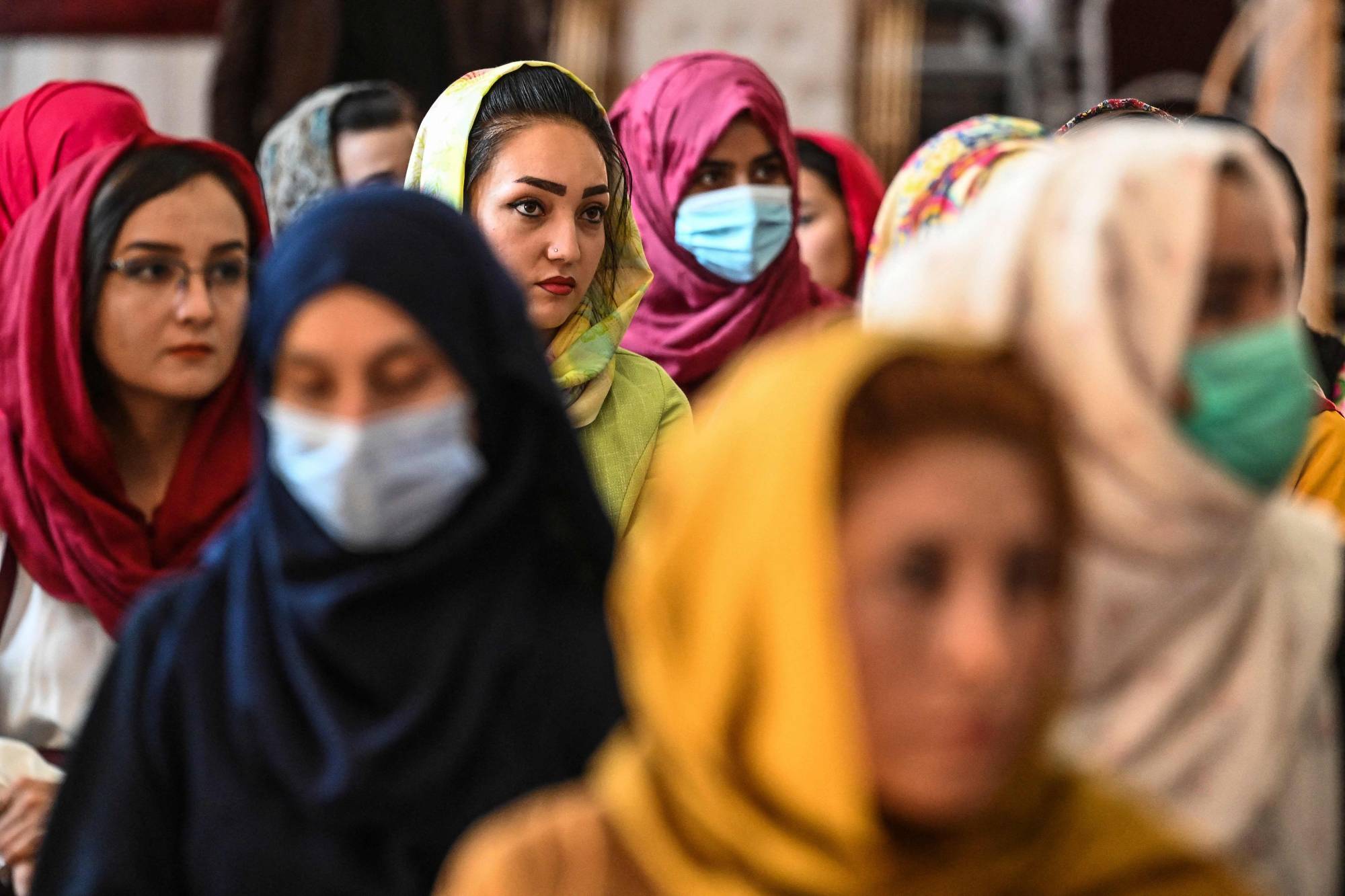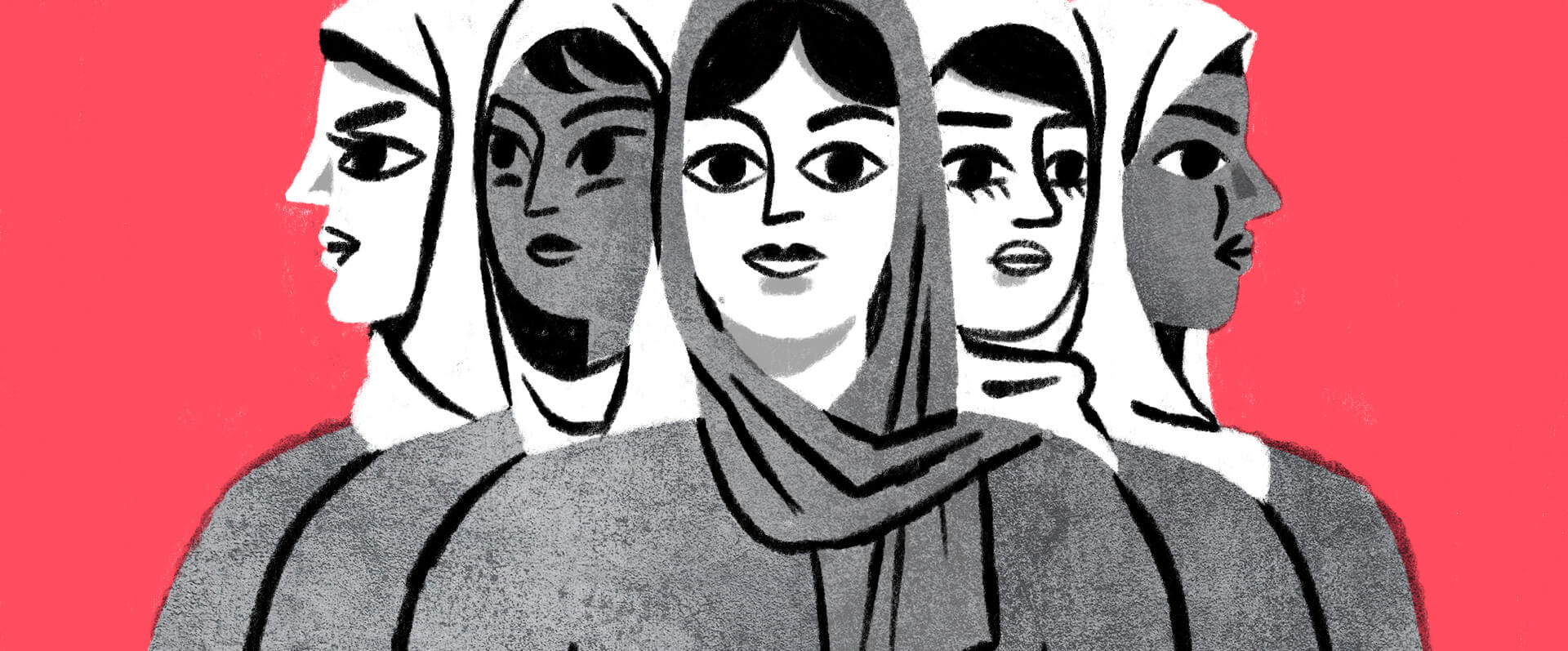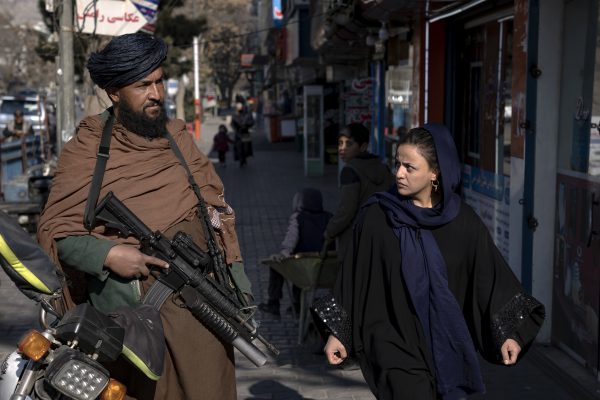Two Years On from Taliban Takeover, Afghan Women Persistently ‘Erased from Every Facet of Society’

Two Years On from Taliban Takeover, Afghan Women Persistently ‘Erased from Every Facet of Society’
Two years have passed since the Taliban‘s resurgence in Afghanistan, a time marked by profound change and instability. This period has been particularly challenging for Afghan women, who find themselves increasingly marginalized and excluded from various aspects of society. Despite international concerns and efforts to ensure gender equality, Afghan women are still struggling to secure their rights and maintain their visibility in the face of a resurgent Taliban. Their plight is a testament to the urgent need for sustained global attention and action to protect the rights and dignity of Afghan women.
A Silent Struggle
The situation for Afghan women has been characterized by a systematic erasure from various spheres of life. This struggle manifests in multiple dimensions: political, educational, economic, and social. While the international community hoped for a more inclusive Afghanistan post-Taliban, the reality has proven far grimmer.

Political Participation: A Diminishing Role
In the political arena, Afghan women have seen their participation steadily diminishing. Prior to the Taliban’s takeover, there were significant efforts to ensure women’s representation in various government bodies. However, as the Taliban reasserted control, these gains were swiftly reversed. Afghan women have been sidelined, their voices silenced, and their roles reduced to minimal capacities. The Afghan parliament, once a symbol of inclusive governance, is now nearly devoid of female representatives.
Educational Challenges: A Fading Dream
Education was one of the sectors that underwent a significant transformation following the fall of the Taliban’s regime in 2001. Many Afghan women seized the opportunity to pursue education and explore professional avenues. However, with the Taliban’s resurgence, these hard-fought gains are under threat. Women’s access to education is becoming increasingly restricted, with many girls being forced to leave school prematurely. The closure of girls’ schools and universities, coupled with threats and intimidation against female educators, has contributed to a bleak scenario where educational aspirations are slowly fading away.

Economic Downturn: Women Bearing the Brunt
The economic consequences of the Taliban takeover have been acutely felt by Afghan women. With restrictions on movement and opportunities, many women find themselves unable to participate in the workforce as they once did. This is particularly dire in sectors that were progressively growing, such as the technology industry and small-scale businesses. Afghan women, who were poised to contribute significantly to the country’s economy, are now grappling with financial uncertainties and the loss of economic autonomy.
Social Isolation: A Shrinking Public Presence
The social fabric of Afghanistan is woven with the stories and experiences of women. Traditionally, women have played vital roles within families and communities. However, the Taliban’s resurgence has led to the shrinking of women’s public presence. Many women feel compelled to stay indoors due to fear of violence or reprisals for engaging in activities outside their homes. The vibrant cultural landscape of Afghan society, once enriched by women’s contributions, is now deprived of their participation.
Resilience Amidst Adversity
Amidst the challenges and setbacks, Afghan women continue to demonstrate remarkable resilience. Women’s rights activists, educators, and professionals have formed a formidable network dedicated to preserving the gains made over the past two decades. Even in the face of adversity, they persistently advocate for gender equality and women’s empowerment. International organizations and civil societies are working tirelessly to support these efforts, amplifying the voices of Afghan women and pressuring the global community to prioritize their rights.
:max_bytes(150000):strip_icc():focal(539x509:541x511)/afghan-women-protest-taliban-081622-cf33154bb3cd4d4fa35f6a13dab3de0a.jpg)
The Path Forward: A Call for Global Action
The situation of Afghan women demands immediate and sustained global attention. As the international community grapples with the complex task of engaging with the Taliban-led government, safeguarding the rights and dignity of Afghan women must remain a non-negotiable priority.
Diplomatic Engagement: Diplomatic channels provide a platform to advocate for women’s rights. Countries that have diplomatic ties with Afghanistan must use their leverage to pressure for greater inclusion of women in governance, education, and public life.
Humanitarian Aid: Humanitarian aid should be directed towards supporting women’s shelters, healthcare facilities, and educational programs. This not only provides immediate relief but also reinforces the message that the global community stands in solidarity with Afghan women.
Media Amplification: Media outlets can play a pivotal role in raising awareness about the plight of Afghan women. By sharing their stories and experiences, the media can keep the issue in the public eye and spur discussions on how to ensure a brighter future for these women.
Support for Grassroots Initiatives: Grassroots organizations and local NGOs play a crucial role in providing assistance to women in need. These initiatives should be supported financially and logistically to ensure that they can continue their vital work.
Cultural Exchange and Education: International partnerships can facilitate cultural exchange programs and educational opportunities for Afghan women. Such initiatives can empower them with skills, knowledge, and a global perspective that will be essential for rebuilding their country.

Conclusion
The two-year mark since the Taliban’s takeover serves as a somber reminder of the struggles faced by Afghan women. Their erasure from various facets of society is not only a humanitarian concern but a challenge to the principles of equality and justice. As the world grapples with the complexities of diplomacy and geopolitics, the plight of Afghan women must remain at the forefront of global discourse. Empowering these women is not just a moral imperative but a crucial step towards building a more inclusive, resilient, and equitable Afghanistan.




